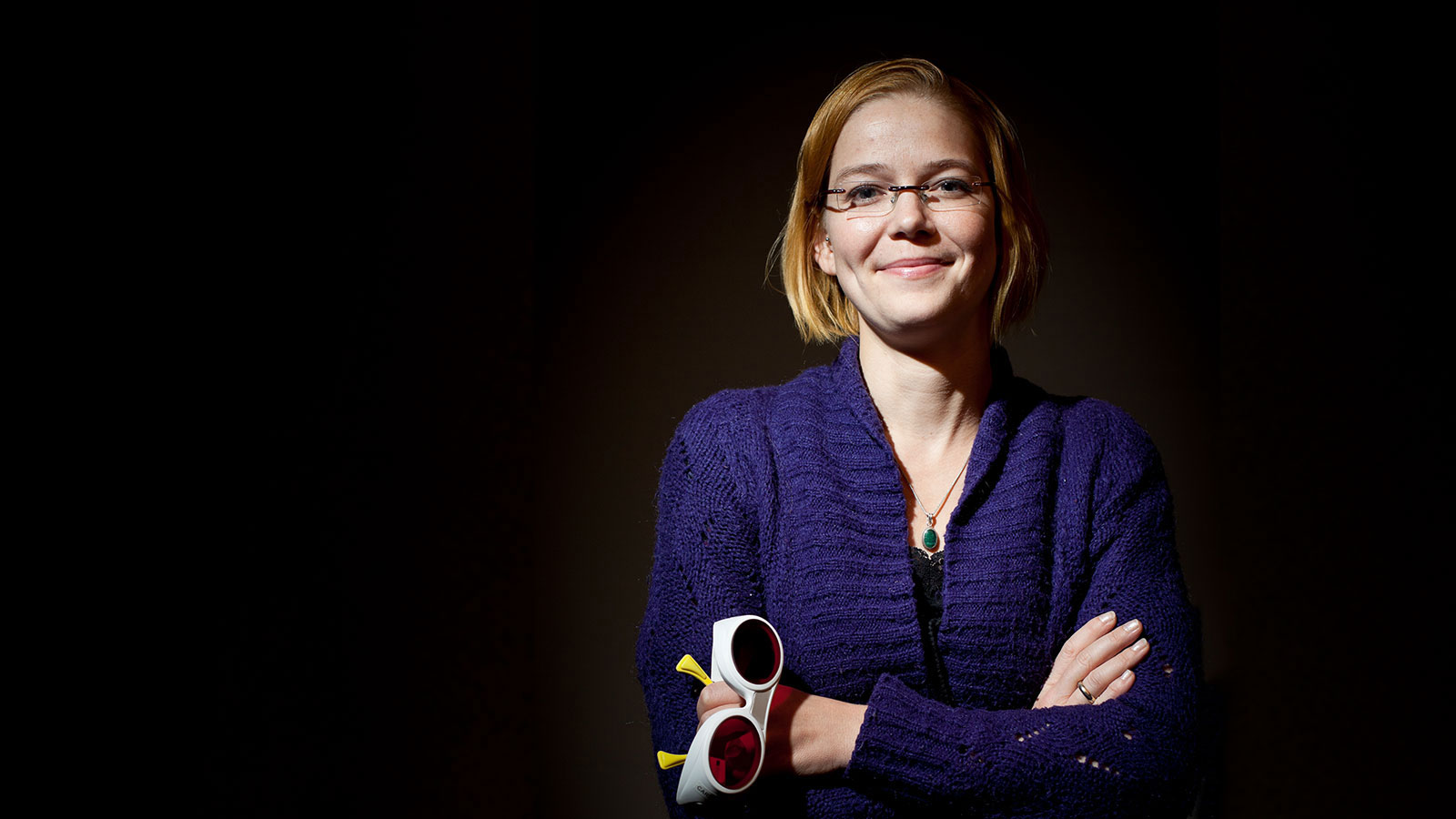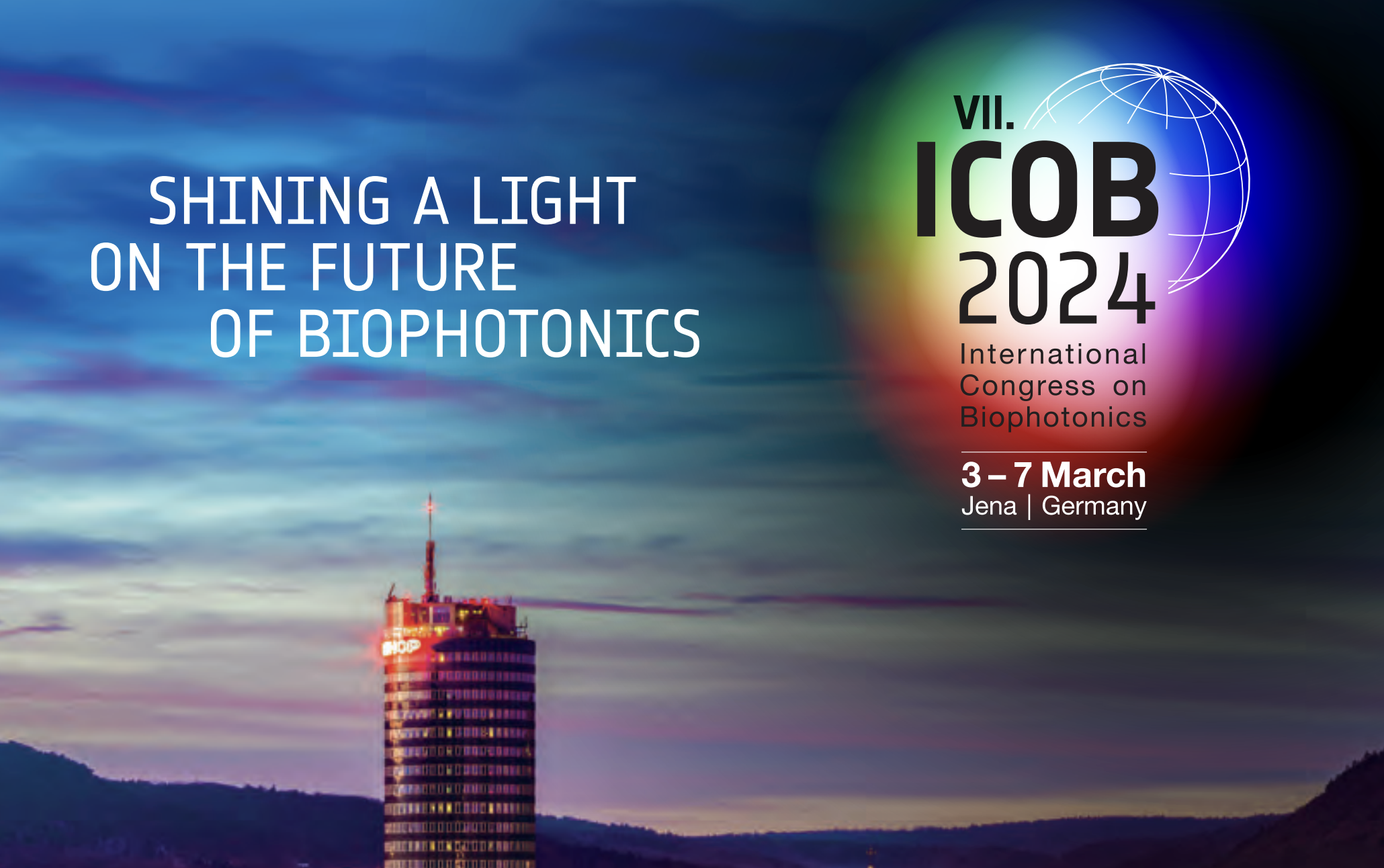Leibniz IPHT scientist receives call to the Technical University of Kaiserslautern

Dr. Maria Wächtler, head of the Quantum Confined Nanostructures Working Group in the Functional Interfaces Department at Leibniz IPHT, has received and accepted a call from the Technical University of Kaiserslautern (TUK). From October 1st, 2022, she will hold a professorship in physical chemistry in the Department of Chemistry and will help shape research and teaching at the university in Rhineland-Palatinate.
The postgraduate chemist has been working very successfully at Leibniz IPHT since 2009, first as a PhD student and later as a scientist. Since 2015 she has headed the Ultrafast Spectroscopy Working Group as well as the Quantum Confined Nanostructures Working Group at the institute since 2020. Together with her team, she recently conducted research on the fundamentals of light-driven processes in semiconductor nanoparticles using time-resolved spectroscopic methods.
With the start of the new winter semester 2022/2023, Dr. Maria Wächtler will begin her research work at TUK in addition to supervising young scientists as part of the courses in the chemistry bachelor’s degree. She will closely build on the expertise she has gathered at Leibniz IPHT and will focus on, among other things, the investigation of semiconductor nanoparticle-based photoactive materials for photocatalytic applications.
“It is a great honor for me to have received the call from the Technical University of Kaiserslautern. I am already looking forward to setting up my new laboratory at the university, working with an interdisciplinary team, and dedicating myself to an exciting mix of research and academic teaching,” said Dr. Maria Wächtler.
Prof. Dr. Jürgen Popp, scientific director at Leibniz IPHT, adds: “We have been able to accompany and actively support Dr. Maria Wächtler at Leibniz IPHT over the past years on her academic path and in her professional development towards becoming an excellent scientist. We are therefore all the more pleased that she has received and accepted the call to the TUK and is thus being given very special recognition for her scientific achievements to date. We wish her all the best and much success for her further tasks in Kaiserslautern.”
Contact
Related News
Third party cookies & scripts
This site uses cookies. For optimal performance, smooth social media and promotional use, it is recommended that you agree to third party cookies and scripts. This may involve sharing information about your use of the third-party social media, advertising and analytics website.
For more information, see privacy policy and imprint.
Which cookies & scripts and the associated processing of your personal data do you agree with?
You can change your preferences anytime by visiting privacy policy.


